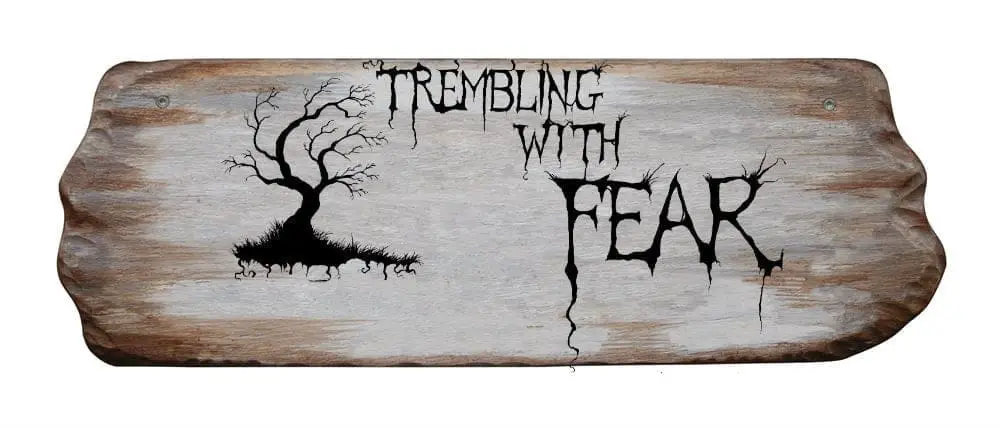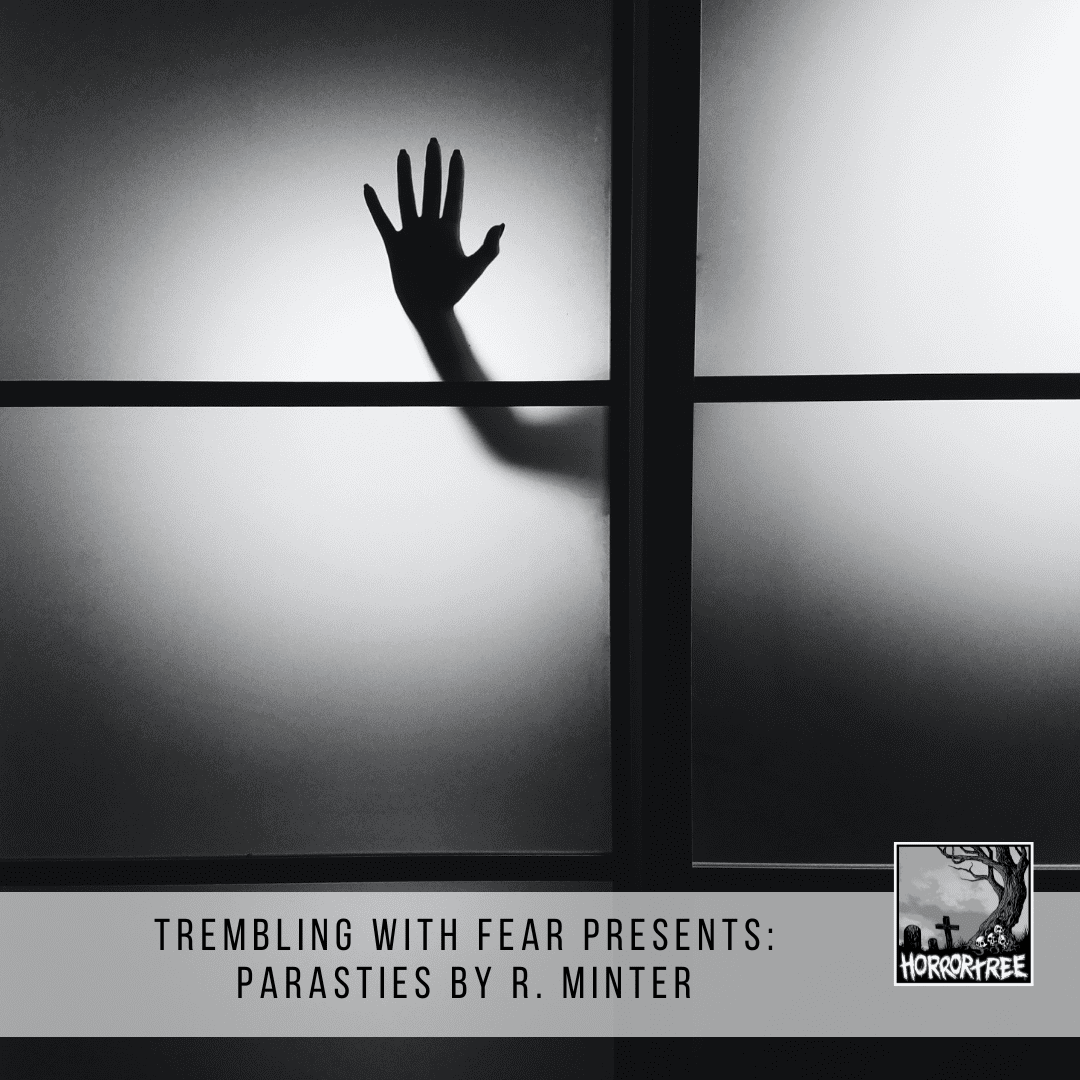Serial Killers: It’s Always Easier In The Dark Part 4. The brother who was a Father

It’s Always Easier in the Dark
By Aristo Couvaras
- The brother who was a Father
Won’t you walk on out those doors? You’ve been in there long enough haven’t you? I wonder if you know that I can’t come in there for you, that I’ve waited before and grew impatient. But now, you’re all that’s left. No matter, you’ll leave when the time is right.
When it’s dark. It’s always easier in the dark…
“Thank you, Father.” Said the mourning mother.
“There is naught to thank me for ma’am.” Replied the priest.
“And so? What should I do?” she asked from behind the confessional screen.
The priest ran his hands along his temples, there was so much of what she had told him that she wanted to hear was somehow her fault. None of it was. But the weary and desperate seek absolution and they believe it is not so easily attained.
He sighed from his side of the barrier, “do? All you should do, is continue to lay flowers on the graves of your children. Pray and return to this house when you feel you have the strength to. You should not seek penance for loss, you have not sinned. You are simply in mourning. Love and honor your husband and the Lord our God and I too will pray for you, your husband and the souls of your children.”
“But, but the picture father, the newspaper reports! Surely, I carry some blame do I not? One does not whisper the words I did and then find out that those words brought death through doors and simply, and simply chalk it up to coincidence.” She was pressing the drawing in question up against the screen again, what good it would do either of them. He could not see what she wished to show him. And he did not believe it had any bearing, much as she wished to attribute it to, the deaths she mentioned.
She wanted to make a connection, the priest knew, between the last drawing done by her deceased son and a host of grisly murders. Why wouldn’t she? Even knowing her son had incanted evil into this world left her with the sense of his actions still playing out, and her wanting to stop it, to know how to stop it, was little more than her desire for closure. Some macabre manner in which to finally bid her child farewell.
He drew in his breath, “my child, I am no demonologist, none in this parish are. But I would tell you that there is no connection between a drawing your son made and the words of an angry, distraught mother, to the actions of a murderer intent on bringing one family’s deaths and secrets to the world. God forgives us for the words we utter but don’t mean, He laments such utterances but knows we know not that which we say.” He wondered silently, God forgives us, but what Else may listen to such speech?
“If it would do you good, leave the paper in the confessionary, there is no one else here at this hour, and when I hear that you have gone I will dispose of the drawing within these hallowed walls. Will that put you at ease?”
Her answer was tears, “thank you Father.”
With his head bowed he listened to her frantic steps as she left the church. Her heels tapping against the marbled floor and then dulling as she trod on the carpet between the aisles. When he heard the doors close behind her, he got up and went to her side of the confessionary, picking up the dead child’s artwork left behind.
It was like nothing he had ever seen before, like nothing that should have been brought into this sacred space, like nothing he believed was depicted in Revelations or any grimoire on demons and the occult.
It wasn’t in the charcoal lines scrawled upon it. But, he thought of what she told him she had said; how she blamed her husband’s now dead employer for not giving him a pay rise those months ago when their children were both bed ridden. How that extra money for a better physician may have saved their young lives. How she had said what she did and pinned the drawing to a wall with a notched and rusty knife.
It was as if the picture had never been drawn by the child. By no stick of charcoal. But by the very words she had said while seeking someone to blame for the unexplained and perpetual loss.
Of everything she had confessed to him, there had been one thing he had wished to confess in return. But, how could he? How did he tell her that the man she chose to blame for the eventual demise of her children, that the man whose death she believed was linked to her words, she convinced herself to be a hex, had been his brother?
So, you have seen my picture Father. I wonder if when we meet you will believe it does me any justice. I do not think it does, I was not meant to be observed in that way, I am not meant to be seen.
I believe I look all the better ‘neath the dark. It’s always easier in the dark…
The priest felt gripped by a presence. Not a sinister one but a voice of warning, as he prepared to leave the church for the evening and lock the doors behind him. With each candle and censer he snuffed, each little dancing light he gutted, that voice grew louder.
He didn’t want to listen to the voice, or it’s words of warning, the voice he heard as also being insecure. Was it not paganism to give credence to the mourning mother’s beliefs? Were he to burn the drawing would he not be lending himself to the same superstitions that might lead to decrying her a witch and having her burnt at the stake?
He reached for the drawing he had stuffed deep in the pockets of his robes, the touch was, well, coarse. Like a hunting dog’s tongue. No, he chided himself, he of all people cannot give in to such folkloric considerations. It was simply a child’s drawing. Then why did he suddenly fear pulling it out and gazing upon the etching? Why did he fear to put out the next host of candles? It would make the church too dark.
He should burn the drawing, right then and there, he decided. Whether it was because he had made a promise to the woman or because superstition clutched at his heart, he did not wish to entertain. God forgive me this pagan weakness, he thought, this superstitious fear, for the wavering of my faith in you, but I must do this.
With one hand, he rolled the parchment up in his pocket before he withdrew it – not wanting to look upon the sinister depiction. He went to the altar and brought with him the goblet from which they drank the holy sacrament, along with a vial of holy water.
He placed the drawing in the goblet and held a candle to the paper, letting the orange tongue lick and lap at it.
What are you doing? It burns! How it burns!
It’s so bright, so bright and hot!
Never mind, when it’s over I’ll fade into the dark. I’ll go back, back to the dark from whence I came…it’s always easier in the dark…
The priest poured the holy water into the ashes and swirled the cup to the let fragments mix into a grey mulch. He knelt down and prayed for protection. When he left the church, and locked the doors behind him, he held the goblet in hand.
He poured the slop down a drainage pipe and crossed himself. He walked home that night and the moon and every lamppost seemed to shine brighter.
Right, left, went his footfalls; right, left, right, left.
Aristo Couvaras
Aristo Couvaras is twenty-seven years old, of Greek descent (if the name doesn’t give that away) and who was born and raised in South Africa, where he still resides. He has a Bachelor of Arts degree majoring in both English Literature and Clinical Psychology, as well as a Bachelor of Law degree, both attained from the University of the Witwatersrand. He has an upcoming work titled The Natloer, set to appear in Things in the Well Publications latest anthology -Beneath the Waves- Tales from the Deep.Anyone wanting to contact Aristo can do so on twitter @AR1sto.
- About the Author
- Latest Posts
Stuart Conover is a father, husband, published author, blogger, geek, entrepreneur, horror fanatic, and runs a few websites including Horror Tree!











